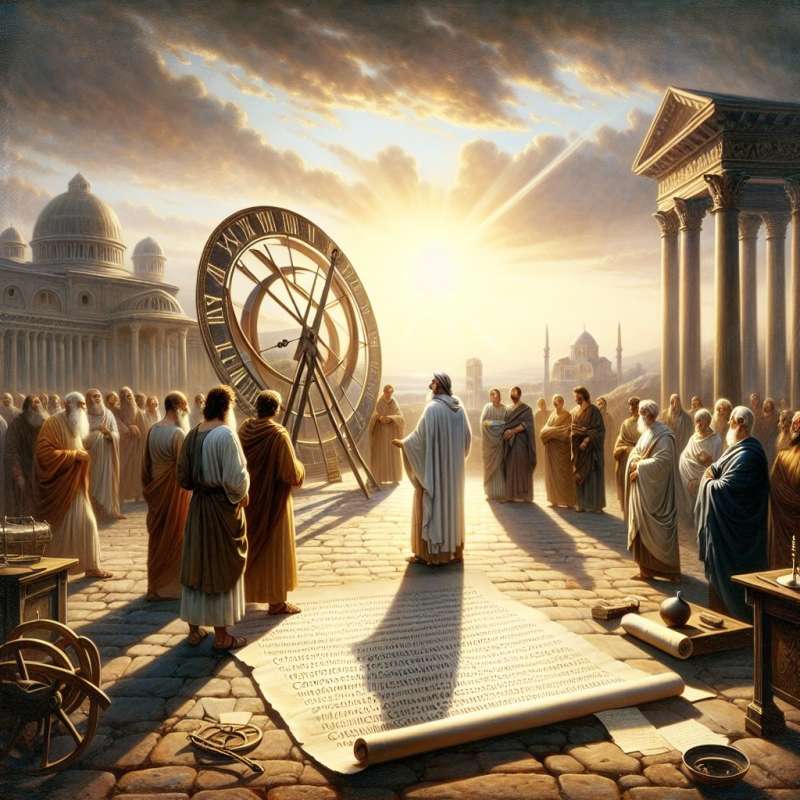
Workweek Origins
The concept of a seven-day week has religious roots, originating from the Jewish Sabbath. It was adopted by Constantine in A.D. 321, uniting the Roman Empire under a common weekly rhythm.
Industrial Revolution Shift
With the Industrial Revolution, the workweek extended past daylight hours. Factories operated non-stop, and workers often labored 10-16 hours a day, six days a week, prompting widespread labor unrest.
Eight-Hour Day Movement
The eight-hour workday movement gained traction in the 19th century. The slogan 'Eight hours labour, eight hours recreation, eight hours rest' epitomized the fight for a balanced workweek.
Ford's Five-Day Experiment
In 1926, Henry Ford's five-day, 40-hour workweek was revolutionary. It increased productivity and leisure, setting the standard for the future and contributed to the consumerism culture.
Post-War Prosperity
After WWII, the booming economy and labor union negotiations solidified the 40-hour workweek. This period witnessed a surge in worker rights, leisure time, and the rise of the 'weekend'.
Modern Flexibility Movement
Recently, technology has facilitated a shift towards flexible hours and remote work. Companies experiment with four-day workweeks, emphasizing productivity and work-life balance over traditional structures.
Global Workweek Variations
Globally, workweek lengths vary considerably. For example, France famously legislated a 35-hour workweek, while in Japan, 'death by overwork' (karoshi) highlights the need for reform.
Who adopted the seven-day week in A.D. 321?
Industrial Revolution leaders
Emperor Constantine
Henry Ford
Company